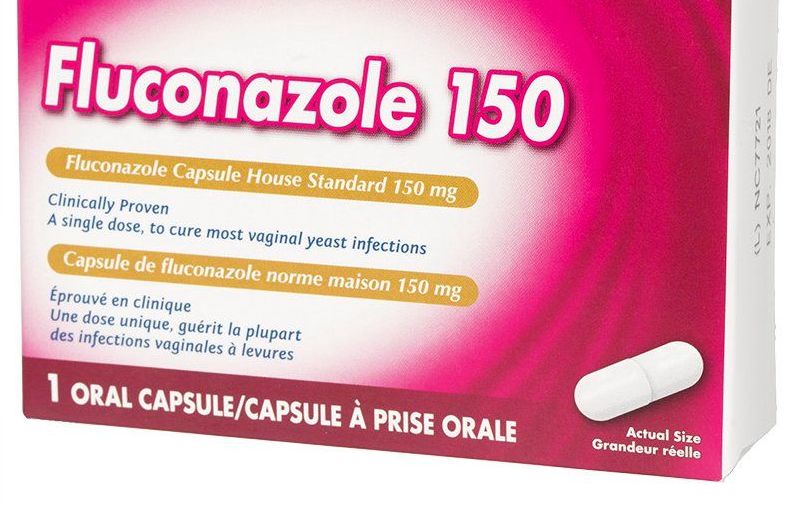Women across North America are alarmed after the findings of a recent study reveal a link between a common yeast infection medication and pregnancy complications.
The study, which was published in the Canadian Medical Association Journal (CMAJ), found that pregnant women who take fluconazole, an oral antifungal treatment for yeast infections, are more likely to suffer miscarriages or give birth to a baby with heart and skeletal defects.
These results are especially concerning because approximately one in 10 expectant mothers develop yeast infections, which is 10 times more than their non-pregnant counterparts.
While topical over-the-counter medications are recommenced first, doctors often prescribe fluconzole if the issue persists, despite the risk.
The researchers examined 441,949 pregnancies in the province of Quebec between 1998 to 2015 and discovered that pregnant women who took low doses of the antifungal (about 150 milligrams) were more than twice as likely to experience pregnancy loss.
As for women who took higher doses, they were more than three times as likely.

The experts were also able to determine that those who took doses over 150 milligrams were at an 81 percent risk of having a baby with a heart defect.
"Regardless of dosage, oral fluconazole use is associated with the risk of spontaneous abortions," said lead study author Anick Bérard of the University of Montreal in Quebec.
The researches admitted that their study is limited by the fact that they did not have information on other factors that could potentially impact pregnancy such as smoking, folic acid dosage, and alcohol intake.
They also acknowledged that there may be more women who have suffered miscarriages due to fluconazole, but if they weren't diagnosed by a doctor or it happened early in their pregnancy, it would most likely remain unreported.
Dr. Vanessa Paquette, a pharmacy researcher at the University of British Columbia in Canada, is now urging pregnant women to be cautious and find alternatives for oral fluconazole, which is available at drugstores without a prescription.
"The recommended treatment of choice in pregnancy for vaginal yeast infections are topical antifungal agents (clotrimazole, miconazole) that are administered via the vagina in the form of cream or vaginal tablet," Paquette said in an email to Reuters. "These agents have been shown to be safe and effective in pregnant women."



